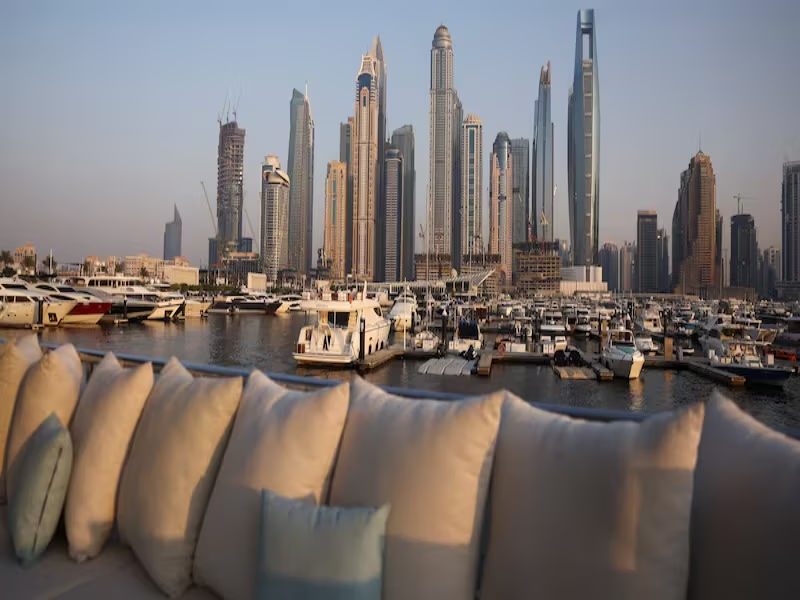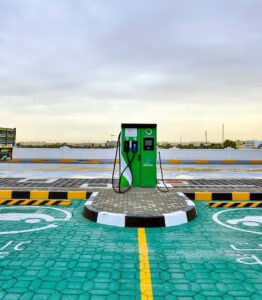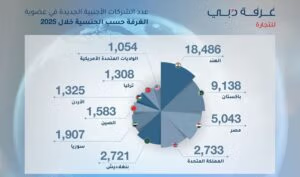Inflation in Dubai increased marginally to 2.9 per cent per year, as compared to 2.4 per cent in August, due to increased prices of housing and utilities, as per the recent statistics of the Dubai Statistics Center.
The largest proportion of the consumer price index of over 40 percent, which has been attributed to housing, utility, and fuel, increased by 5.82 percent per year in September.
This was attributed to the increase in the prices of houses since the rent in apartments and the rent on villas had gone up in Dubai.
The data indicated that the cost of transport in September dropped by 0.87 percent compared to the previous year, and the prices of information and communication also declined by 0.05 percent in the month.
Prices of clothing, footwear increased by 1 per cent, and food and beverage costs increased by 0.15 per cent.
The expenses on education, restaurants, and accommodation facilities, personal care, social protection, and miscellaneous goods and services were also heightened throughout the month.
Oxford Economics’ Chief Economist of the Middle East and North Africa, Scott Livermore, said, “Dubai inflation edged up in September largely as a result of there being less of a drag from the transport prices.”
He added, “This reflects that the year-on-year decline in oil prices is easing, and this is likely to continue in the fourth quarter, although global oil prices are more likely to fall than rise. As a result, the headline inflation rate could tick up further.”
He reported an estimation that “Partially offsetting this is less pressure from housing, and as the rate of rental inflation continues to subside. Overall, inflation is expected to remain modest in Dubai.”
In its quarterly report in September, the Central Bank stated that the UAE inflation had been alleviated by reduced energy and food prices.
Prices went up 0.6 percent in the second quarter, with the regulator reducing its 2025 inflation forecast by 1.5 percent due to calming transport costs, along with food and non-energy commodity prices.
It is anticipated that inflation will slightly increase to 1.8 per cent in 2026. The recent figures are received as the Dubai economy keeps expanding due to the diversification initiatives.
By the first quarter of 2025, Dubai had a growth in its economy of 4 per cent annually, and this growth was supported by growth in many major sectors.
In the three quarters ending in March, the gross domestic product of the emirate increased to Dh119.7 billion ($32.6 billion) in gross domestic product, according to the Dubai Media Office.
The largest in terms of value was the wholesale and retail trade that stood at Dh27.5 billion, increasing by 4.5 per cent on the previous year and providing almost a quarter of the Dubai economy in the first quarter. The real estate activity increased by 7.8 per cent to approximately Dh9 billion.
However, over 72,000 homes will be handed over this year, a situation that is predicted to stabilize rents in Dubai, putting less pressure on tenants, and providing them with a greater selection of options, as reported in July 2021 by property portals dubizzle and Bayut.






